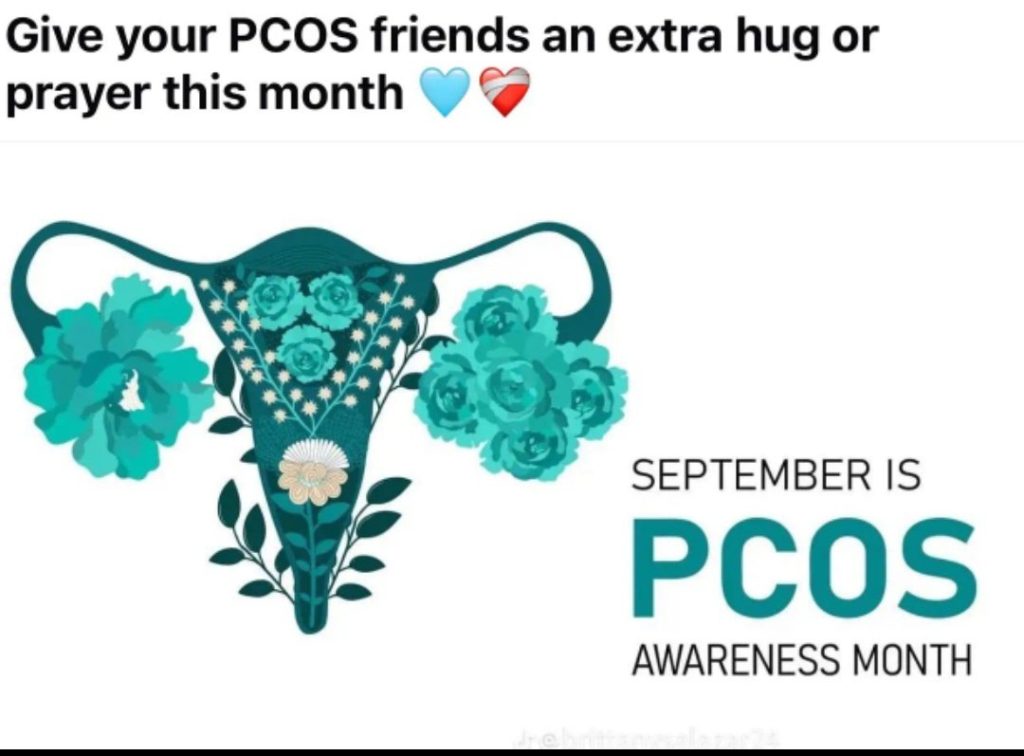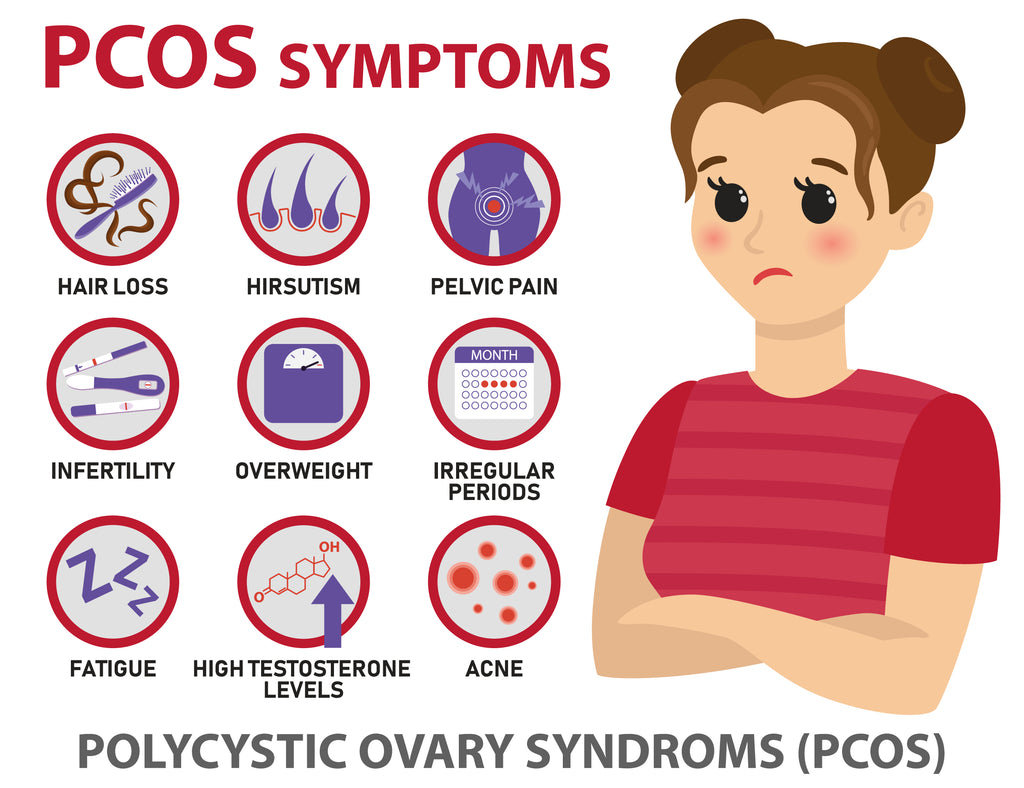UNDERSTANDING PCOS IN A DISMISSIVE SOCIETY

The year is 2022, only a few months after I had clocked 20. I’m sitting in the consultation room, the room is somewhat dark, the air is hot, humid, and steady. The tension between my now suspecting mother, myself and the very dismissive and arrogant doctor is very thick, very obvious.
“How long have you been taking pills?”
“What pills?” I ask. I knew what he was talking about, not because I had taken them, but because I was smart enough to discern what he meant, I could tell by the questions he asked before now, how he had stereotyped me, that it was only a matter of time before he would make such an inquiry.
“All these little girls, you think your mother and I are fools? You’re obviously having sex and here you are denying it in front of your mother and myself, your doctor”. My mother looked at me with a smile I could tell she had forced, I looked at the doctor with disgust, I wanted to correct him, tell him he wasn’t my doctor. I couldn’t believe he came highly recommended, a gynecologist, an insensitive one at that.
He profiled me the moment I walked into his office, I was a young Nigerian girl in a public university, of course, I had to be having sex. Unprotected sex, with multiple partners, how else would you justify my excessive use of the morning-after pill which had now led to the challenge of the irregular period I was facing? All of which he had made up in his head, he concluded with just a look, not a scan, not a test. How ironic.
My period became very irregular barely 4 months before my 20th birthday. I would experience Pre-menstrual symptoms especially the usual cramps and waist ache and when I finally saw my period it would be very light as opposed to the heavy flow I experienced before.
It would last for 2 days instead of 4-5 days. One day it just stopped. At first, I ruled it out as stress, then it went on and on. So I self-medicated, “probably an infection, nothing so serious,” I thought to myself. After a few days of self-treatment, I menstruated again, finally. 2 days went back to 4 until it got to 5,7,10 and it just wouldn’t stop.
I confided in my mother and we decided to see a specialist. We saw one who dismissed my experience, profiled me, and indirectly called me a whoring young woman. Interestingly, he was disgusted at me for “sleeping around at a young age” but he found a way to brag about how he did the same thing when he was my age or even younger. A few Google searches, and a competent doctor later, I found out I was battling Polycystic ovary syndrome.
What is Polycystic Ovary Syndrome (PCOS)?
PCOS as it is popularly called is a hormone disorder that affects the ovaries. It is the imbalance of female hormones, mainly including oestrogen and progesterone. In a woman’s body, the levels of oestrogen and progesterone fluctuate throughout her menstrual cycle.
The former rises to stimulate the maturation of oocytes in the ovary, causing the uterus to thicken in preparation for a possible pregnancy. After ovulation, the ovary releases progesterone to maintain the uterus and support a pregnancy if fertilisation occurs.

Now an imbalance in the release of any of these two hormones can lead to Polycystic Ovary Syndrome. This hormonal imbalance may be a result of genetic and environmental factors.
According to medical reports, 1 in every 10 Nigerian women have PCOS. Now, if it is as common as the reports say, why is there little to no awareness of this health condition? Irregular or absent menstrual periods, hirsutism (excess hair growth), acne, weight gain, and in some cases, fertility problems. These are all symptoms. Some women also experience anxiety, sleep disorders and even depression. Almost all of the symptoms above are either easily dismissed or stigmatised. Making it difficult for women to speak up and in cases where they do, they are either treated in very unprofessional conduct or not taken seriously by health professionals.
It is usually diagnosed by a doctor based on a combination of symptoms, medical history, physical exam, and laboratory tests. Common tests include blood tests to measure hormone levels and ultrasound to look for ovarian cysts. Treatment for PCOS depends on the individual’s symptoms and goals. Treatment options mainly include:
Lifestyle changes such as weight loss, dieting, and regular exercise help to manage insulin resistance and reduce symptoms.





